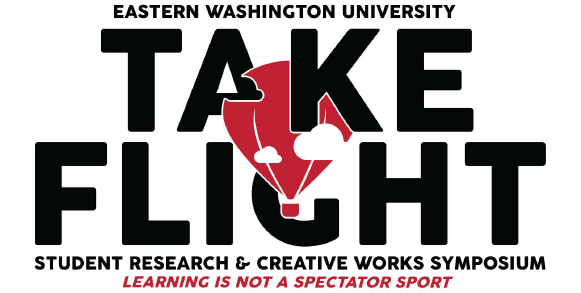Chicanos and Mexican Americans in Higher Education
Faculty Mentor
Martin Meraz Garcia
Document Type
Oral Presentation
Start Date
10-5-2023 9:30 AM
End Date
10-5-2023 9:50 AM
Location
PUB 321
Department
Chicano Education
Abstract
Oppression and racism have manifested throughout marginalized communities by means of a lack of proper access to primary, secondary and post-secondary education. Due to racism and oppression from Anglo society, higher education has been depicted as an unattainable goal for minority communities. Chicanos and Mexican-Americans in higher education have been on the rise in recent years, yet they have continued to face obstacles that were originally put in place to prevent and limit access to higher education. Some of those limitations include the cost of attendance, the quality of primary and secondary education, and the accessibility of navigating the application process. Through the lens of a Mexican-American and first-generation college student, I aim to explore and identify the Chicano cultural conflicts and the obstacles used as a form of oppression.
Recommended Citation
Balderas, Sabrina, "Chicanos and Mexican Americans in Higher Education" (2023). 2023 Symposium. 1.
https://dc.ewu.edu/srcw_2023/res_2023/os3_2023/1
Creative Commons License

This work is licensed under a Creative Commons Attribution-NonCommercial-No Derivative Works 4.0 International License.
Chicanos and Mexican Americans in Higher Education
PUB 321
Oppression and racism have manifested throughout marginalized communities by means of a lack of proper access to primary, secondary and post-secondary education. Due to racism and oppression from Anglo society, higher education has been depicted as an unattainable goal for minority communities. Chicanos and Mexican-Americans in higher education have been on the rise in recent years, yet they have continued to face obstacles that were originally put in place to prevent and limit access to higher education. Some of those limitations include the cost of attendance, the quality of primary and secondary education, and the accessibility of navigating the application process. Through the lens of a Mexican-American and first-generation college student, I aim to explore and identify the Chicano cultural conflicts and the obstacles used as a form of oppression.


